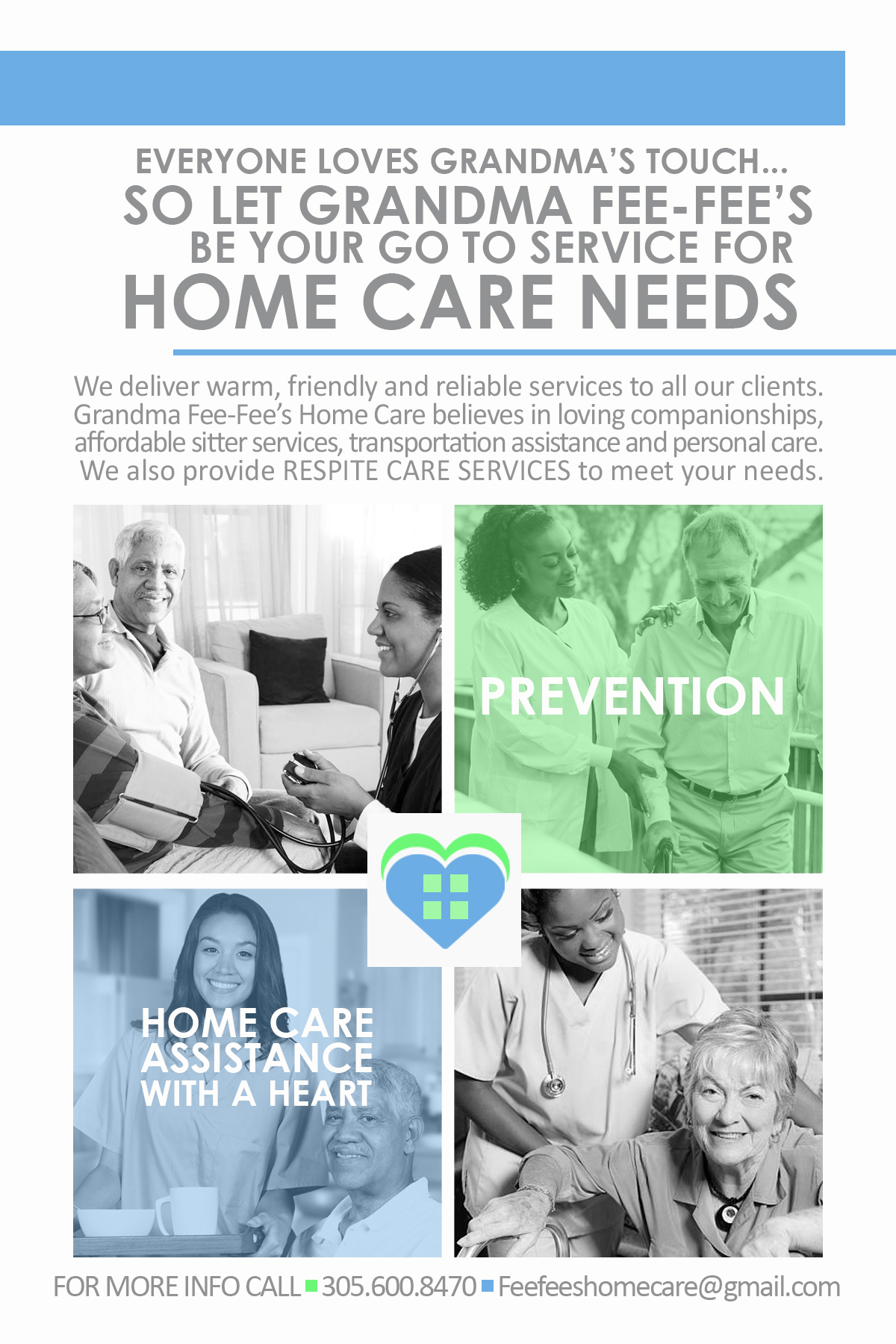Why is checking blood pressure so important for seniors?
- Cambrea Goodman

- Sep 22, 2020
- 2 min read
Updated: Sep 25, 2020
What is a healthy blood pressure for seniors?
our blood pressure is the barometer of your overall circulatory health. Your circulatory system is made up of your heart and blood vessels, which carry oxygen and nutrients throughout your body. But did you know that more than 70% of U.S. seniors have high blood pressure? High blood pressure, also called hypertension, is a major health risk that can lead to heart disease, stroke, and chronic kidney disease.
You can help your elderly loved one take an active role in lowering their blood pressure with simple lifestyle changes such as increasing physical activity and eating healthy, balanced meals. If your aging parent lives in an assisted living community, ask about exercise programs and meal options that are low in sodium. But if changes in lifestyle don’t help, prescription medications have proven very effective in lowering blood pressure.

Elderly Blood Pressure Chart: Normal & High Blood Pressure by Age
For older adults whose blood pressure is elevated but lower than 130/80 mm Hg, lifestyle changes such as increasing physical activity, eating a heart-healthy diet that is low in salt, and limiting alcohol can help regulate it.
The updated ACC and AHA guidelines recommend that older adults with a blood pressure reading of 130/80 mm Hg or higher be treated with medication. Previous recommendations set the threshold for high blood pressure treatment with medication for adults 65 or older at 150/80 mm Hg.
This change aims to reduce the risk of heart disease in older adults. However, your loved one’s doctor will assess their overall health and any other conditions before determining the best course of action to help your aging parent control their blood pressure.
Since blood pressure tends to increase with age, some medical societies argue about the effectiveness and safety of treating older adults for high blood pressure. Overall, older adults should aim for lower blood pressure numbers but a blood pressure reading of 90/60 mm Hg or lower is considered too low (hypotension). Excessively low blood pressure may cause dizziness or fainting, and increase the risk of falls.




Comments